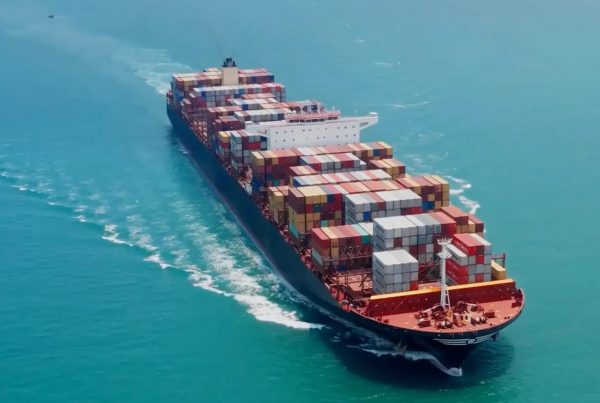In the landscape of global energy, hydrogen is emerging as a cornerstone for sustainable development. With its high energy yield and zero-emission capabilities, hydrogen fuel promises a greener alternative to fossil fuels. Wilson Harbors, an innovative enterprise, is making significant inroads into this sector through a strategic agglomeration of businesses across the hydrogen value chain. This case study explores Wilson Harbors’ approach to vertical integration and its upcoming dual initial public offering (IPO) in the USA and UAE, highlighting its implications for the Middle East and North Africa (MENA) region.
Company Overview
Wilson Harbors has established itself as a pivotal player in the hydrogen industry by integrating various enterprises that specialize in the upstream, midstream, and downstream sectors of the hydrogen value chain. This integration enables the company to control the entire lifecycle of hydrogen production, from extraction and processing to distribution and retail.
Market Context
The MENA region, rich in traditional energy resources, faces unique challenges and opportunities in transitioning to green energy. The global shift towards sustainable energy sources has pressured the region to diversify its energy portfolio. Hydrogen, with its versatility and compatibility with existing energy infrastructures, offers a viable solution.
Strategy for Vertical Integration
Wilson Harbors’ strategy focuses on creating a self-sustaining ecosystem within the hydrogen industry. This vertical integration involves:
- Upstream Activities: Developing technologies and acquiring firms involved in the extraction and production of hydrogen. This includes investments in water electrolysis and natural gas reformation technologies.
- Midstream Activities: Enhancing the infrastructure required for the transportation and storage of hydrogen. Wilson Harbors is developing pipeline networks and storage solutions that can handle hydrogen’s unique properties.
- Downstream Activities: Expanding into distribution networks and fueling stations to ensure hydrogen is accessible for industrial and consumer use.
Benefits of Vertical Integration
The integrated approach ensures greater control over supply chains, reduces operational costs, and mitigates risks associated with the volatility of raw material prices. Furthermore, it enables Wilson Harbors to streamline operations and foster innovations that enhance efficiency at various stages of the hydrogen production cycle.
Dual IPO Strategy
To fund its expansion plans and solidify its market position, Wilson Harbors is planning a simultaneous IPO in the USA and UAE. This dual-listing strategy is aimed at capitalizing on the investor base in both the mature financial market of the USA and the growth-oriented market of the UAE.
Financial Implications
The IPO is expected to raise substantial capital, providing the funds necessary for further research and development, scaling production capabilities, and expanding market reach. The dual listing will also enhance the company’s visibility and brand recognition across two strategically important geographies.
Regulatory and Market Considerations
Navigating the regulatory landscapes in two distinct markets poses significant challenges. In the USA, stringent SEC regulations require transparent disclosure of financials and business operations, while the UAE’s market, although less mature, offers strategic geographic advantages and incentives for sustainable energy companies.
Development Goals in the MENA Region
Wilson Harbors’ operational expansion into the MENA region is driven by several goals:
- Enhancing Energy Security: Reducing dependence on fossil fuels and minimizing environmental impact.
- Economic Diversification: Contributing to the economic resilience of the region by fostering industries and creating jobs in the green energy sector.
- Technological Leadership: Positioning the MENA region as a leader in hydrogen technology on the global stage.
Challenges and Risks
Despite the clear advantages, Wilson Harbors faces several challenges, including:
- Technological Uncertainties: While hydrogen technology is promising, it is still under development, and there are uncertainties related to efficiency and cost-effectiveness.
- Market Competition: Increasing interest in hydrogen energy has led to heightened competition. Staying ahead requires constant innovation and adaptation.
- Political and Economic Instability: Particularly in the MENA region, political and economic instability can affect market conditions and investment climates.
Conclusion
Wilson Harbors’ strategic foray into the hydrogen sector through vertical integration and a dual IPO exemplifies a bold approach to capitalizing on the emerging opportunities in sustainable energy. As the company navigates the complexities of this dynamic industry, its efforts could not only redefine its own trajectory but also significantly influence the energy landscape of the MENA region. This pioneering venture, therefore, holds not just commercial potential but also the promise of contributing to a more sustainable and diversified energy future.
References
Hydrogen Council Reports
Financial Times Market Analysis
SEC and Dubai Financial Market Regulatory Filings





